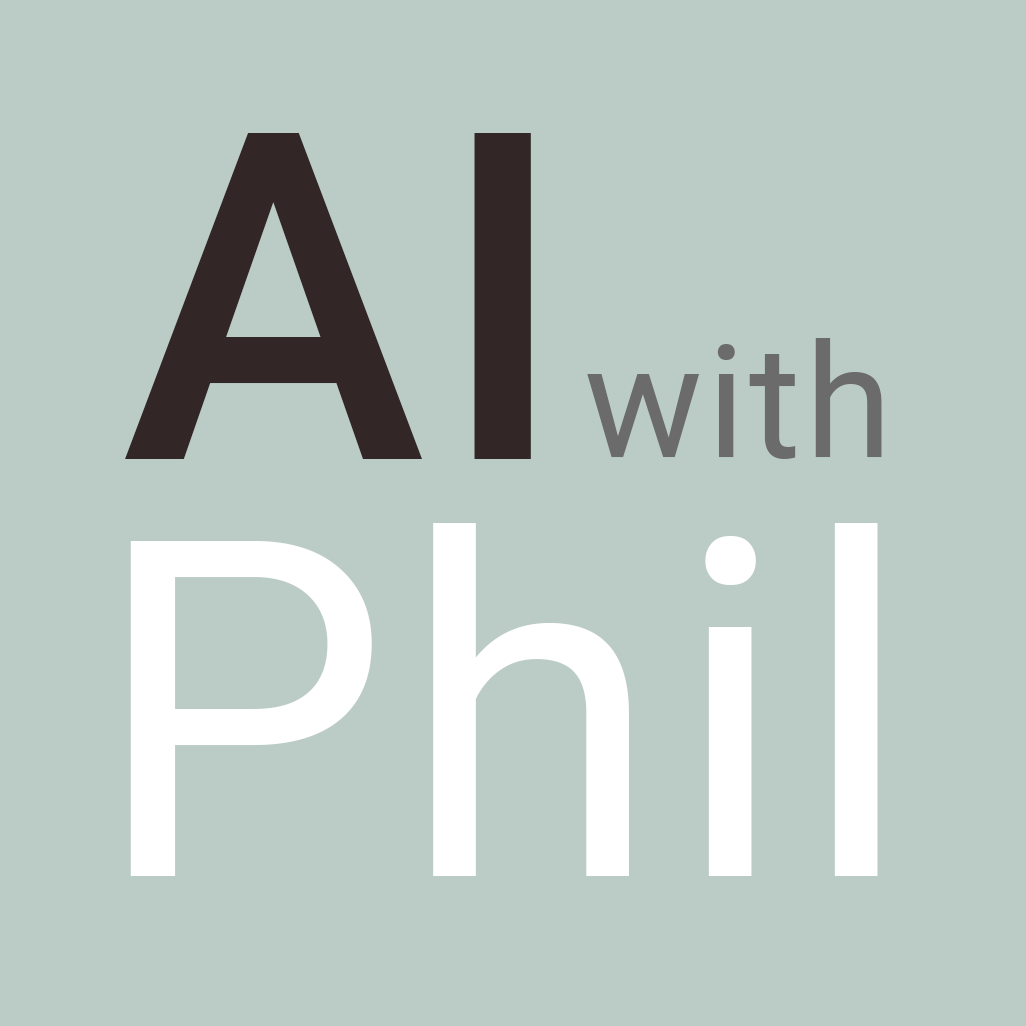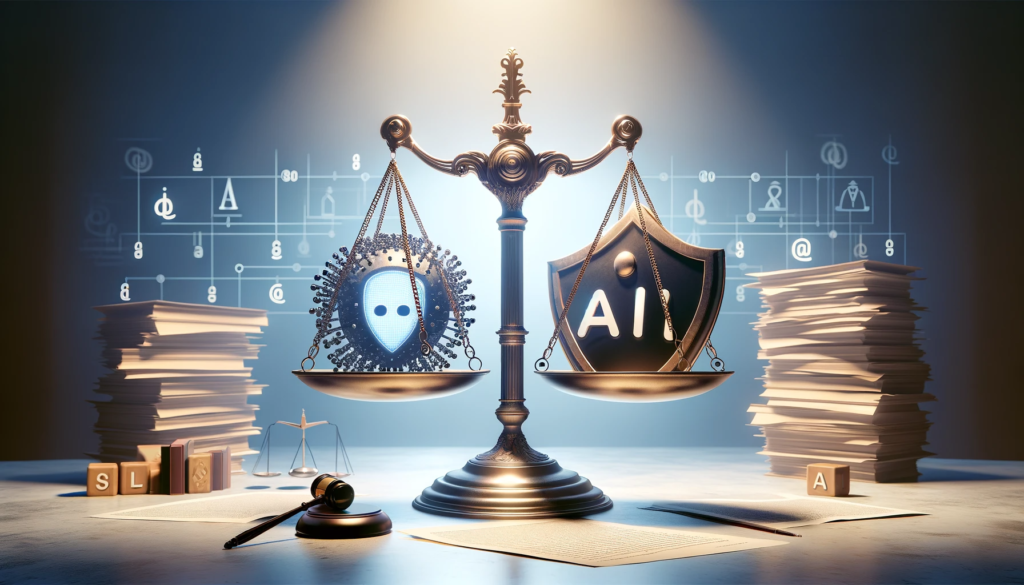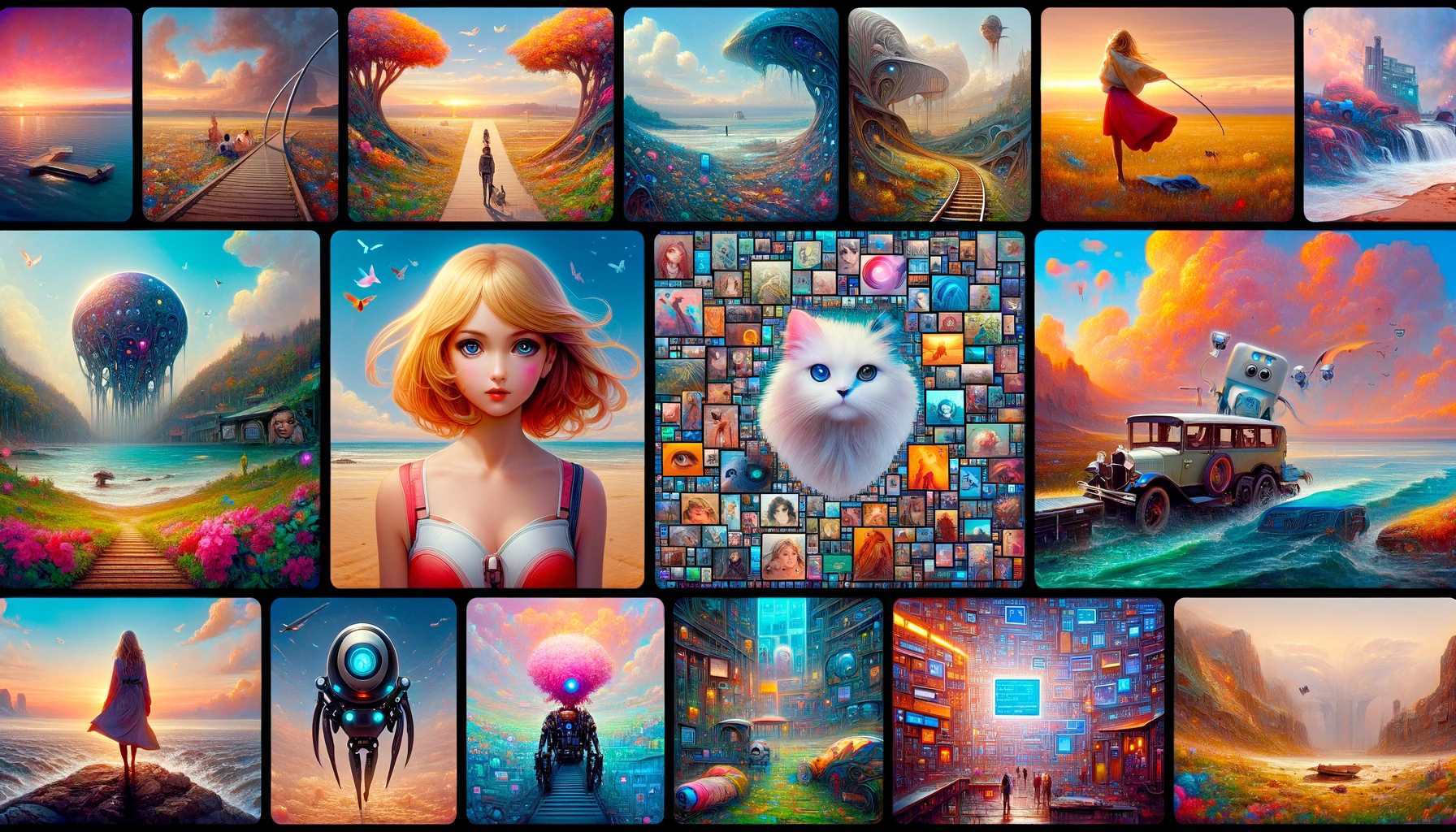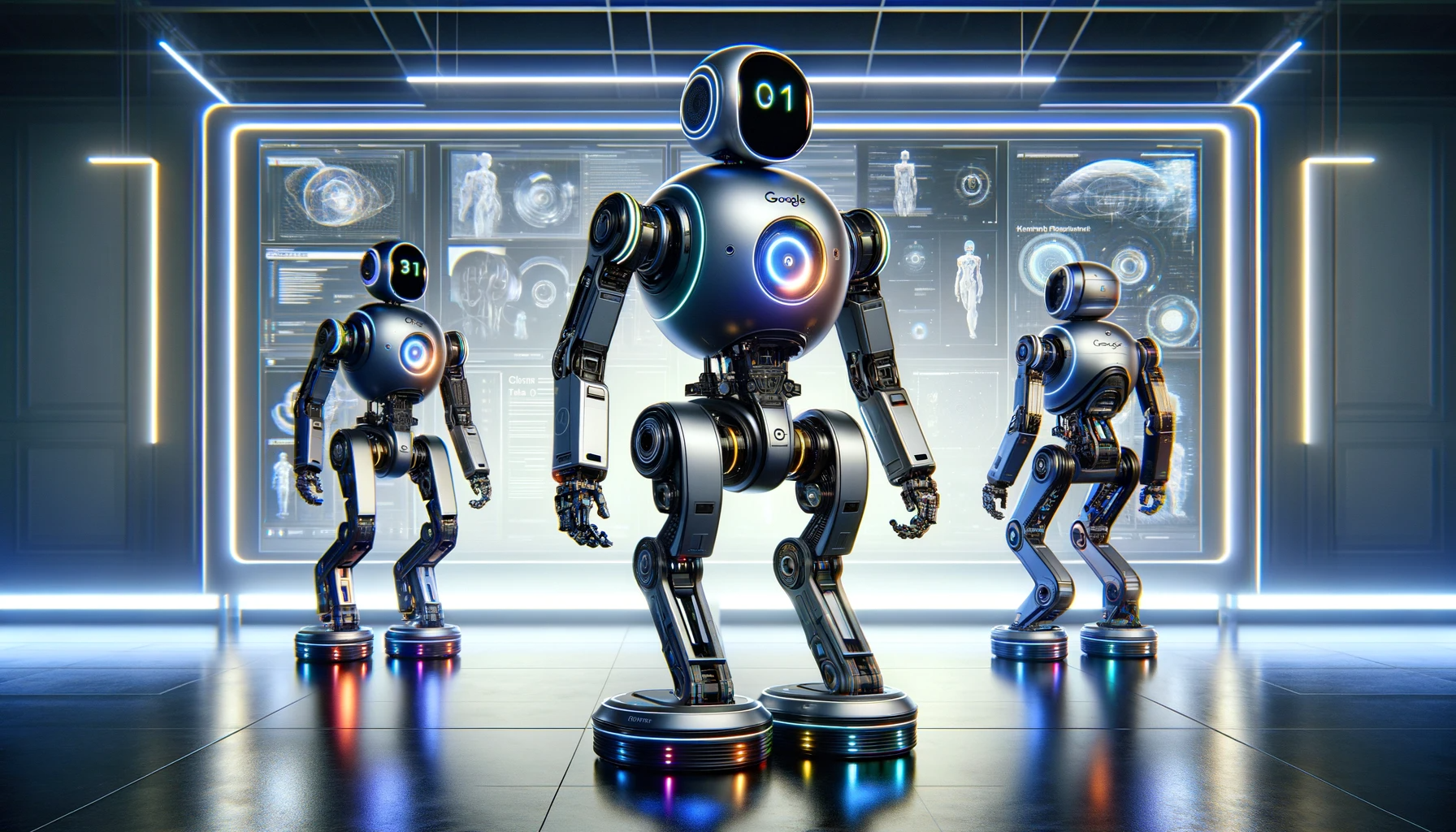Artificial Intelligence (AI) has become a game-changer in various industries, from healthcare to finance. However, this revolutionary technology has encountered numerous copyright challenges along the way. Nevertheless, OpenAI, a leading organization in AI research, made a bold move by embracing open-source copyright, paving the way for even more innovation and creativity. Let’s delve into the battle between AI and copyright and discover how OpenAI’s game-changing move is transforming the industry.
AI vs Copyright: A Battle for Innovation & Creativity!
The emergence of AI has raised concerns about copyright infringement and intellectual property rights. AI, with its ability to analyze vast amounts of data and generate new content, has pushed the boundaries of what is considered original and creative work. This has posed challenges for copyright laws, as AI-generated works blur the lines of ownership and authorship. While copyright is essential for protecting creators’ rights, it can also hinder the advancement of AI technology and stifle innovation.
On one hand, copyright laws are designed to safeguard intellectual property and ensure creators receive recognition and financial benefits for their work. However, in the context of AI, the question arises: who owns the rights to AI-generated content? Is it the developer of the AI system, the data used to train it, or the AI itself? These complex questions require careful consideration to strike a balance between protecting creativity and allowing AI to thrive.
OpenAI’s Bold Step: Revolutionizing AI with Open-Source Copyright!
In a groundbreaking move, OpenAI has taken a significant step towards addressing copyright challenges by embracing open-source copyright. OpenAI believes that AI should be a collaborative effort rather than a proprietary one. By adopting an open-source approach, OpenAI allows developers, researchers, and enthusiasts to access and build upon their AI models and technologies, fostering a culture of sharing and collective innovation.
OpenAI’s decision to use open-source copyright for their AI models, such as the GPT series, marks a pivotal moment in the AI landscape. It not only encourages transparency and accountability but also facilitates the development of AI systems with a broader range of perspectives and applications. OpenAI’s move sets a precedent for other organizations, urging them to reevaluate their approach to copyright and embrace the potential of open-source AI.
As AI continues to improve and redefine multiple industries, it is crucial to navigate the copyright challenges it presents. OpenAI’s decision to embrace open-source copyright opens up new avenues for innovation and creativity, enabling a collaborative approach to AI development. By reimagining copyright laws in the context of AI, we can strike a balance that protects creators’ rights while allowing AI to flourish. Through this game-changing move, OpenAI sets the stage for a future where AI and copyright can coexist harmoniously, ushering in a new era of limitless possibilities.




